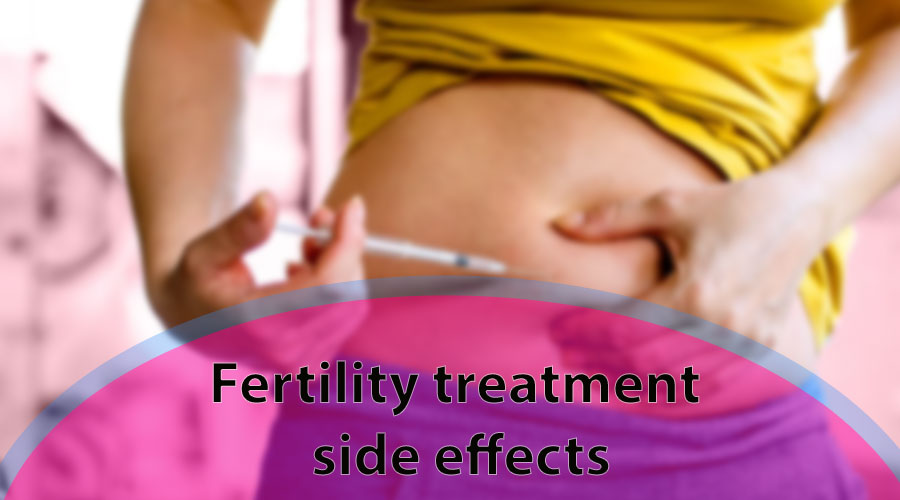Fertility treatment side effects are common, but they can be managed. Side effects can include hot flashes, night sweats, mood changes, anxiety, and depression.
It is important to speak with a doctor about the potential side effects of treatments before beginning them.
There are many options available like IVF cycles, and it is important to choose one that will work best for you.
Table of Contents
What are some of the potential side effects?

Side effects of medications can be both harmful and benign. Harmful side effects may include allergic reactions, accidents, and even death. Benign side effects may include drowsiness, headache, hot flashes, or a rash.
Side effects can also vary depending on the medication being taken and the individual’s health history. It is important to speak with your doctor about any potential side effects you are experiencing so that they can determine if the medication is appropriate for you.
Gonadotropins and cancer

Gonadotropins are hormones that control the function of the reproductive organs. They include follicle-stimulating hormone (FSH), luteinizing hormone (LH), and testosterone.
Some gonadotropins are linked to cancer, including leukemia and breast cancer. Gonadotropins can increase the risk for these cancers by increasing the number of cells in the body that grow into tumors.
Ovarian hyperstimulation syndrome
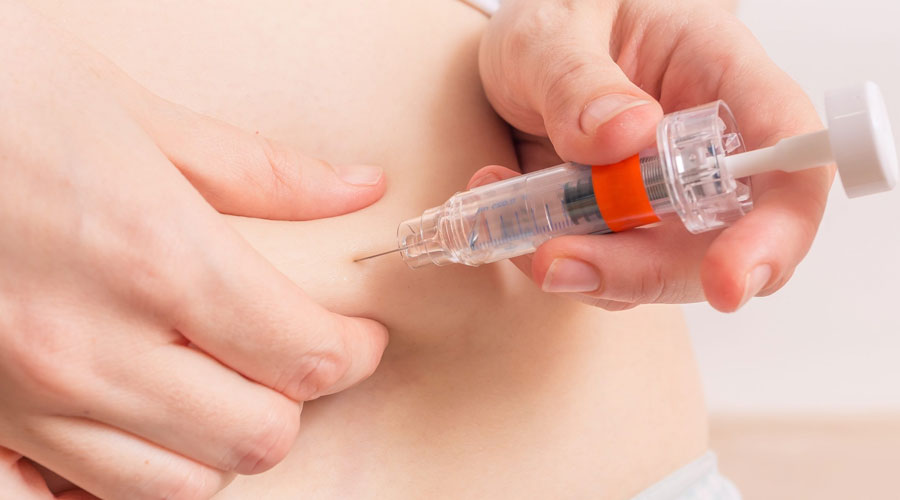
OHSS is a life-threatening health complication that can result from administering fertility drugs or surgery.
The condition is characterized by fluid accumulation in the abdomen, intense abdominal pain, and fever. OHSS can be fatal if not treated promptly.
Twisting of appendages
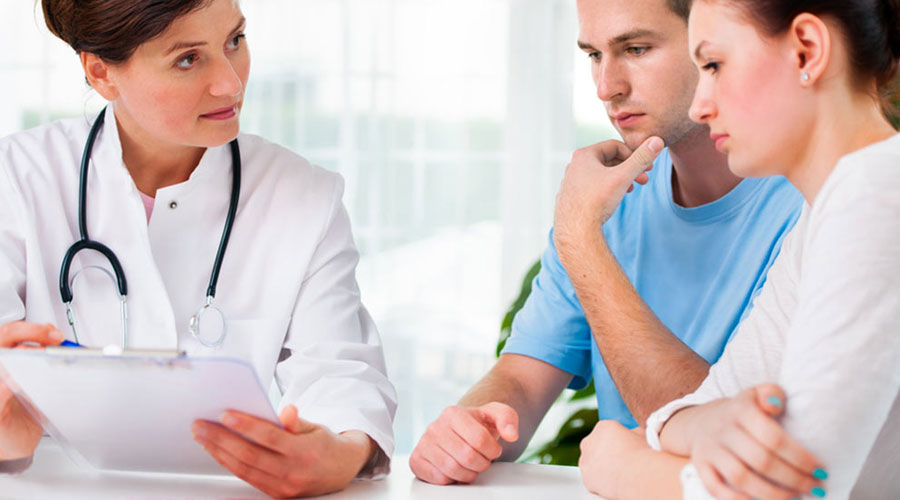
Appendage twisting can have several potential side effects, including:
- Numbness or tingling in the arm or leg
- Pain or swelling in the arm or leg
- Fever
- Pins and needles sensation in the arm or leg
- Difficulty walking, standing, or sitting.
- Weakness of the lower limbs
- Difficulty breathing
- Problems with vision
- A decrease in range of motion in the arm or leg
- Hemorrhaging
- Possible fracture
Multiple pregnancies
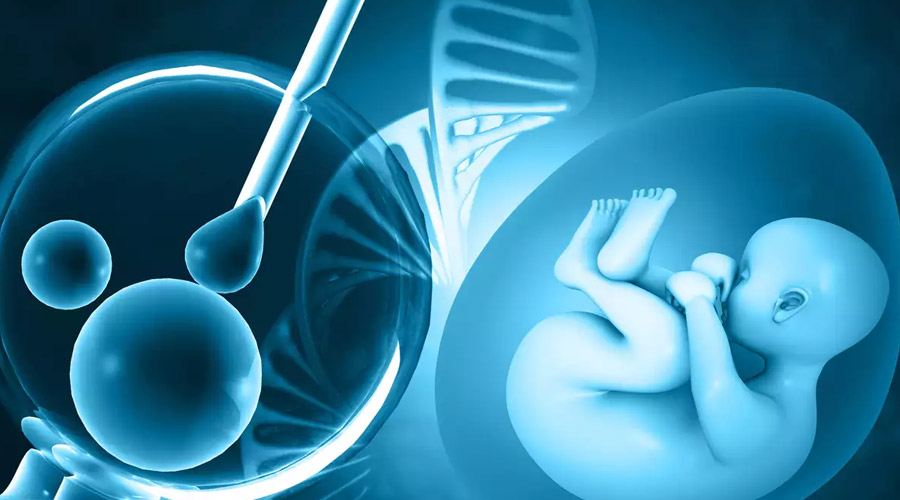
Multiple pregnancies can be a joyous event or a challenge. Some common side effects of multiple pregnancies include:
Increased risk of preterm labor, gestational diabetes, high blood pressure, and cesarean sections. The best way to manage these risks is through regular prenatal care from your doctor.
Ectopic (tubal) pregnancy
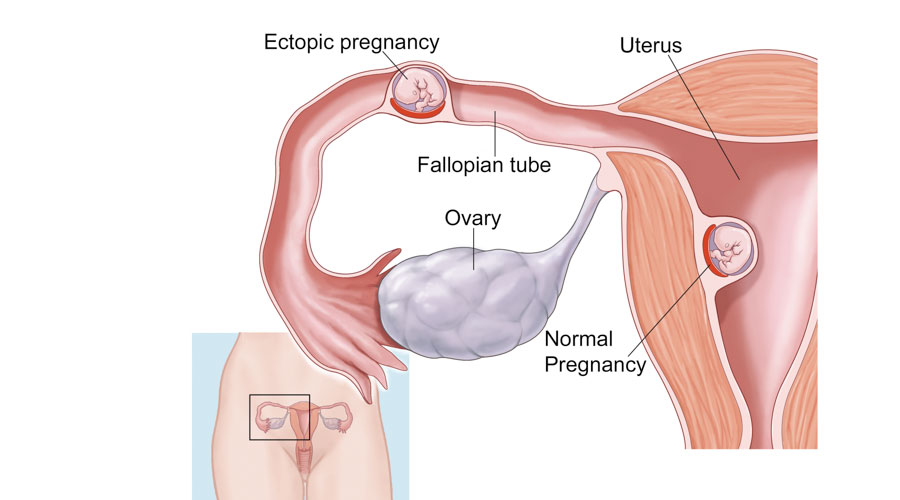
Ectopic (tubal) pregnancy is a rare condition in which a fertilized egg implants outside the uterus, most commonly in the fallopian tube. The risk of complications from ectopic pregnancy is higher than in other pregnancies and can include serious health problems, blood clots, early pregnancy termination, and even cancer risk for both mother and baby.

Here are some of the more common side effects of ectopic pregnancy:
Ectopic pregnancies often result in heavy bleeding, which can lead to anemia. The chances of a successful delivery are low, so the ectopic pregnancy must be treated as soon as possible.
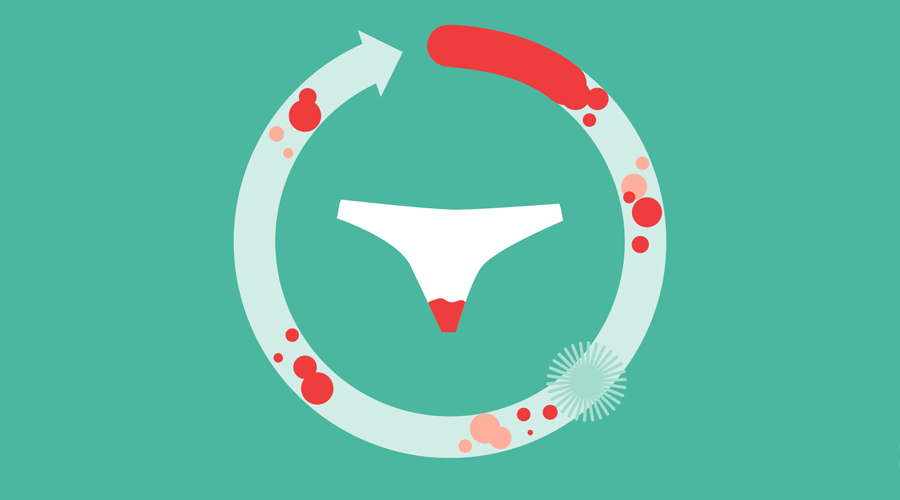
Pregnancies that occur in the fallopian tubes are more likely to end in miscarriage or stillbirth than those that occur elsewhere in the uterus. The fallopian tubes are lined with mucus-secreting glands that help to prevent bacteria and other harmful substances from entering the uterus.
Ectopic pregnancies can also cause difficulty with future fertility because of damage to the Fallopian tube walls. The ectopic pregnancy may result in abdominal pain, nausea, and vomiting. If you are trying to conceive, you can ask your doctor about ovulation induction.

These symptoms are due to the release of enzymes from the placenta and other tissues that have been damaged by the presence of a fetus outside of the uterus.
Local or generalized reactions

Side effects of local or generalized reactions can depend on the substances involved, the dose of the injectable fertility drugs, and the person’s overall health. Some common side effects of localized reactions are redness, tenderness, and swelling.
Side effects of generalized reactions can include fever, headache, nausea, and vomiting. In both cases, it’s important to seek medical attention if symptoms persist or worsen.
Inference
Fertility treatments are not without risks. While the benefits of fertility treatments often outweigh the risks, it is important to be aware of the potential side effects before starting treatment.
If you are considering fertility treatments like IVF cycles, talk to your doctor about the risks and benefits involved.
FAQ
Does fertility treatment have side effects?
These treatments, like injectable drugs, can have several side effects, which may include: ovarian hyperstimulation syndrome (OHSS), excess hair growth, heavy periods, pelvic pain, and breast changes.
It is important to speak with your doctor about any potential side effects of fertility and infertility treatment to make informed decisions about whether or not to continue the treatment.
What are the risks of fertility treatments?
A fertility treatment is an important part of many couples’ journeys to conceive a child. However, there are several risks associated with these treatments. Some of the most common risks include
Infertility, miscarriage, congenital disabilities, and infection. It is important to be aware of these risks and understand what steps you can take to reduce them.
How long do the side effects of fertility drugs last?
Side effects of these drugs can last for weeks, months, or even years. Some side effects may go away on their own, while others may require treatment.
Side effects that last for a long time may cause difficulty getting pregnant or affect the child when they are born.
What do fertility drugs do to a woman?
A fertility drugs are medications that are used to help women who are trying to conceive. When fertility drugs are taken, they can affect a woman’s body.
Some fertility drugs can cause changes in the way a woman’s ovaries function and can have effects like mood swings. These changes can make it harder for a woman to get pregnant.
Other fertility drugs can cause changes in the way a woman’s pregnancies progress. This may lead to problems with the baby, such as premature birth or low birth weight.
Do fertility drugs make you emotional?
Do fertility drugs make you emotional? Many women are concerned about the emotional side effects like mood swings from fertility treatments.
There is evidence that fertility drugs can cause emotional disturbances, but it is still debated. Polycystic ovary syndrome can also add to the emotional changes in women.
Some people believe that fertility drugs can upset emotions by causing feelings of sadness, loneliness and even fear, especially in ovulation induction.
Others argue that the effects are more subtle and may only include a feeling of being overwhelmed or stressed. It is important to weigh the benefits and risks of fertility treatments beforedecidingn.
